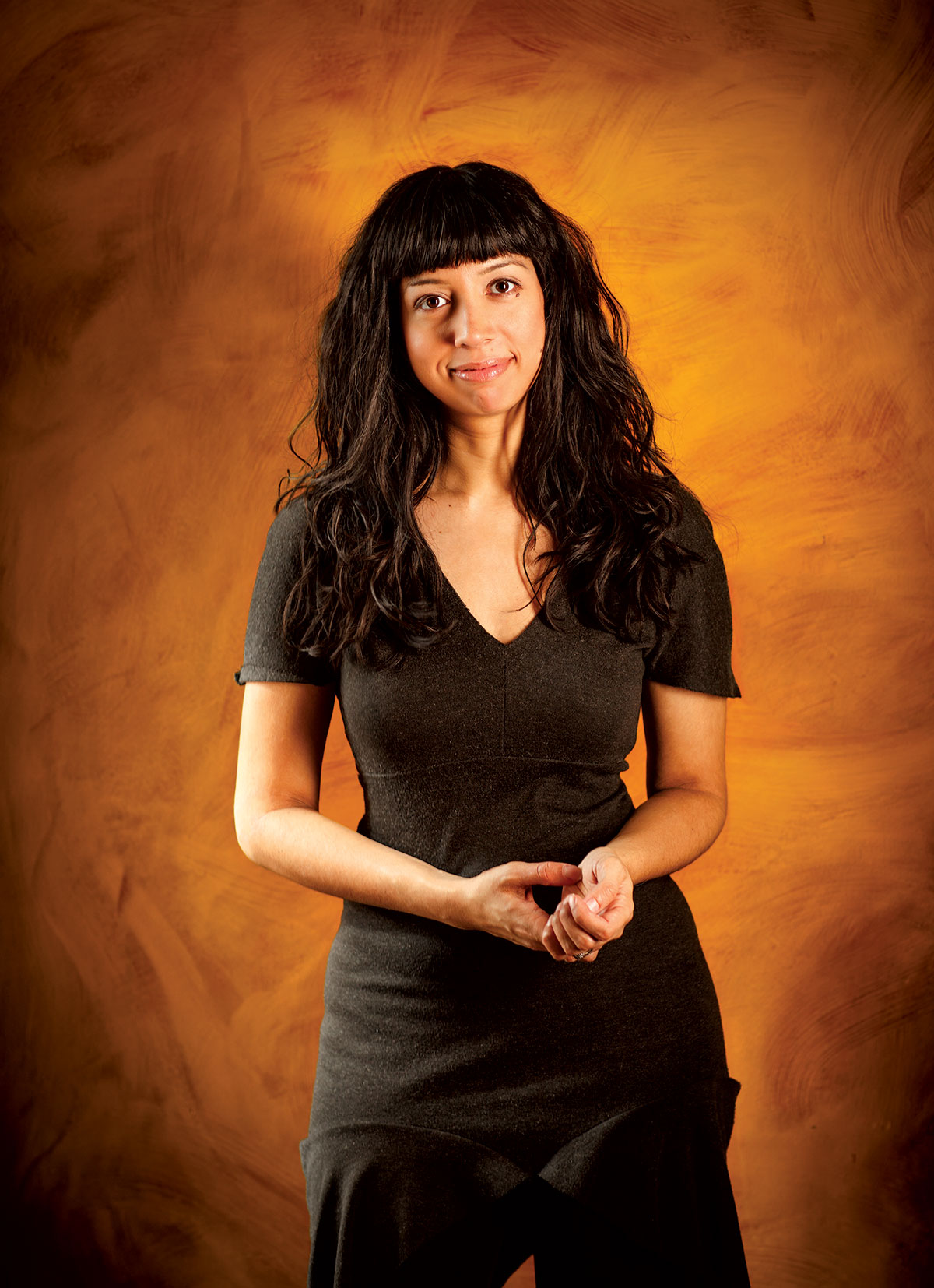
Montreal bagels have a mythology as deep as the wood-burning stoves they’re cooked in. Some say they’re impossible to replicate outside of those stoves. Others credit the honey-sweetened water they’re made with. Either way, the best bagels are bought fresh from the factories in the city’s Mile End neighbourhood. And you can’t experience the right level of guilty pleasure if you’re not at least subliminally aware of the boyish, mostly East Indian workers who spend day after day, hour after hour, like a brotherhood of bagel dwarves, pulling the golden rings from their fiery forge.
When Saleema Nawaz moved to Montreal, from Winnipeg, in 2005, her first apartment was next to the iconic Fairmount Bagel factory. “I couldn’t have lived closer,” she says. Still, Nawaz never spoke to the owners—with one exception: “I got mad because there was a dump truck that came to deliver their wood—it kept hitting my balcony and the whole building shook.” As for the bagel boys, “I could have spied on them during their smoke breaks,” she says. “But I’m too polite for that.” Nawaz eventually moved from Mile End, but that didn’t stop her from writing a story about two sisters, Beena and Sadhana, who do spy on the bagel boys, from the privileged position of their rooms above the factory owned by their Punjabi father. Not long after the father’s death from a heart attack, the factory is the target of anti-Semitic arson. The daughters are lucky to survive, having immunity to the smell of smoke after years of living over wood-burning ovens. Sadly, their luck doesn’t hold, and they lose their eccentric, white, bohemian mother, who dies one day while choking on a chicken bone. The sisters inherit the factory, which is managed by a stern, emotionally distant uncle. As they come of age, spying becomes flirtation, with unfortunate consequences: both sisters miss their periods at the same time: Sadhana because she’s anorexic, Beena because she’s pregnant.
The story eventually was published as “Bloodlines” in Mother Superior, Nawaz’s acclaimed 2008 debut collection. Another story from the book, “My Three Girls,” won that year’s Journey Prize, but Nawaz found herself returning to the story of the sisters. “I’d always had problems trying to contain them,” she explains over coffee, close to where she works, as an administrative co-ordinator in McGill University’s philosophy department. Bone and Bread, Nawaz’s recently released first novel, reveals more about the sisters’ early lives and follows them through adulthood, single motherhood, and chronic eating disorders.
The novel is a grim tale about doomed orphans, but there’s also magic to their world, sparked by the imagination and curiosity of their mother. “There’s a theory,” she tells them one night before either parent has died, “that the universe is getting bigger. It will keep expanding, like a huge loaf of bread rising, like a great fat belly, until there’s nothing left to make it out of, no more heat….There’s also a theory that the universe is getting smaller. Millions of years from now it’s going to start shrinking and heating, like fat and flesh melting into bone, because it is the destiny of things to come together.” Science becomes prophecy as the sisters’ comfortable universe explodes.
Nawaz admits that writing a story about two sisters may be something of a reparative fantasy. She was raised an only child, by her single mother, a Nova Scotia–born nursing assistant. So Nawaz knows something about reduced family life, its hungers and fierce intimacies. But with her new book and the year of literary festivals that go with it, plus her recent marriage to Derek Webster, the founding editor of Maisonneuve magazine, in most ways her life seems to be expanding unlike her creations. In one nice way, however, it’s also circling back—the newlyweds recently bought an apartment, not more than a ten-minute walk from fresh bagels. This April, while waiting for their new home to be renovated, their rental apartment was destroyed by fire. Nawaz and her family escaped unharmed, proving to be even luckier than her characters, the immunity to the smell of smoke long since passed.